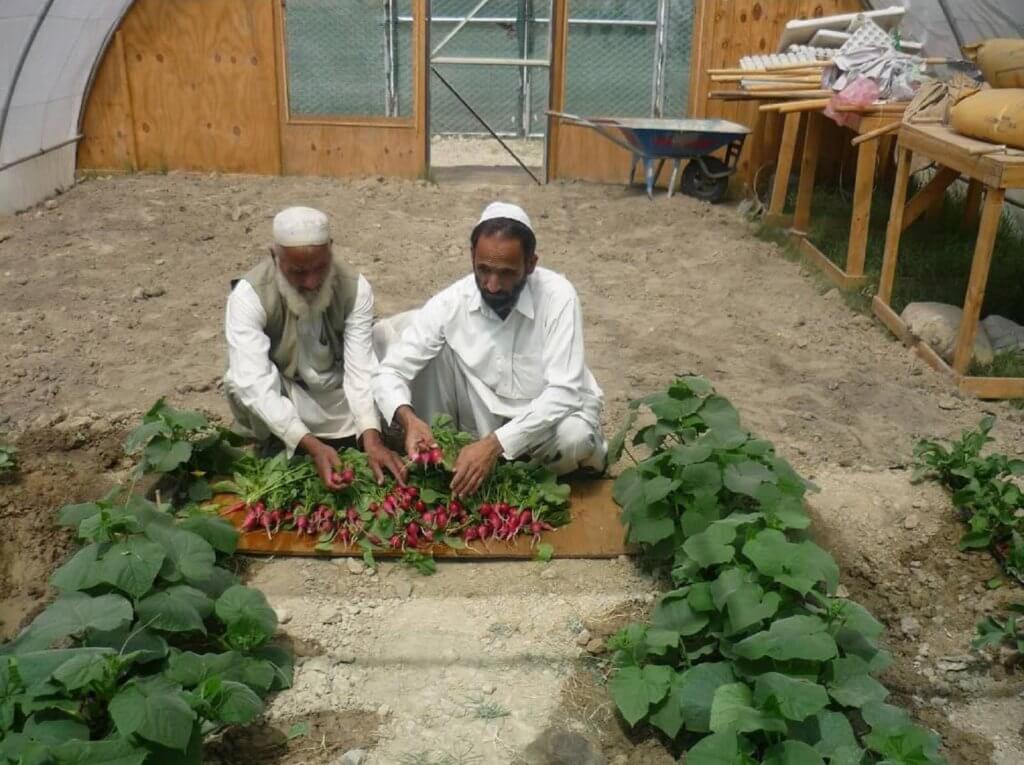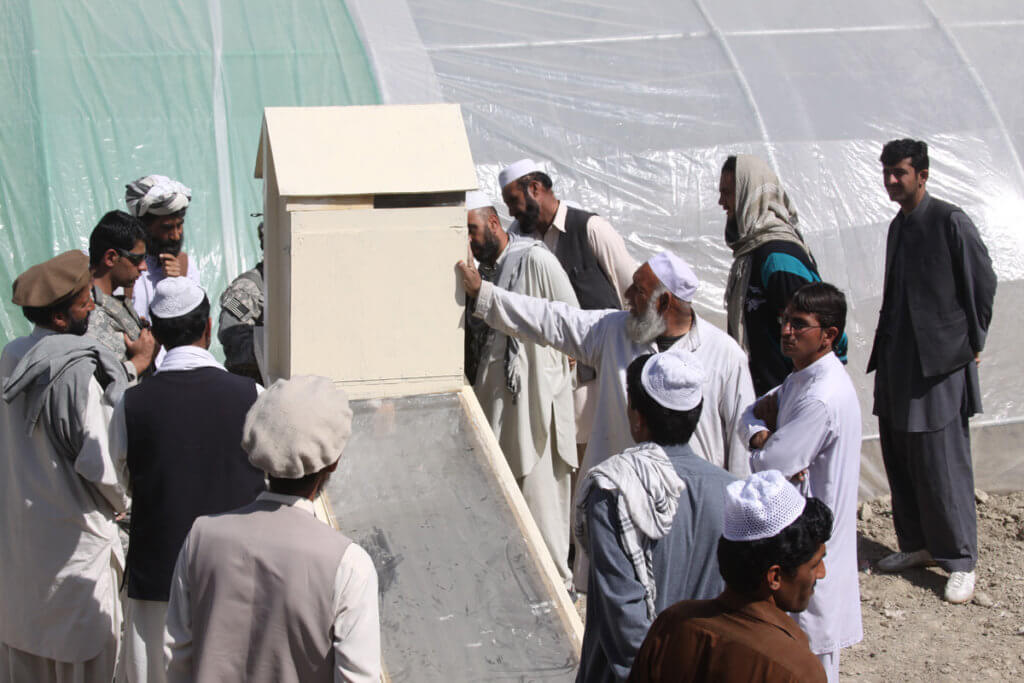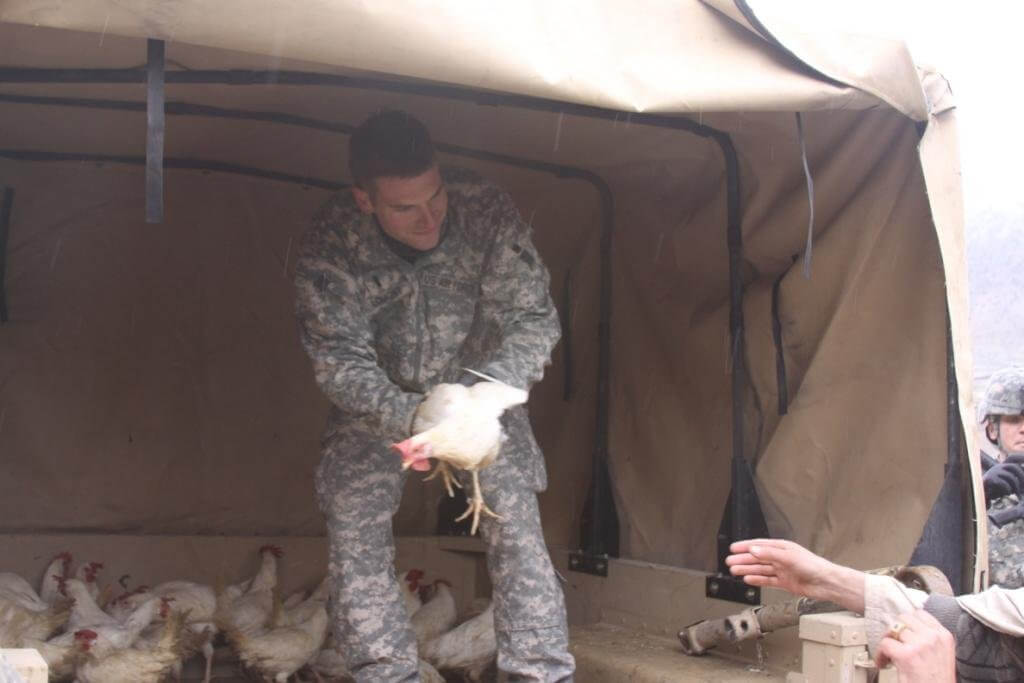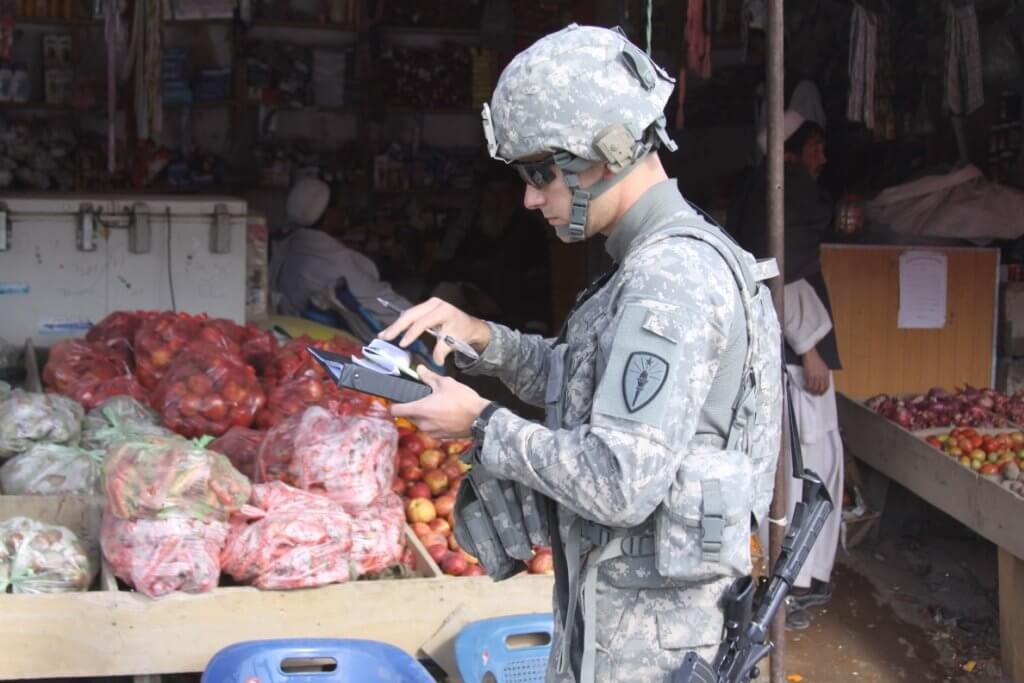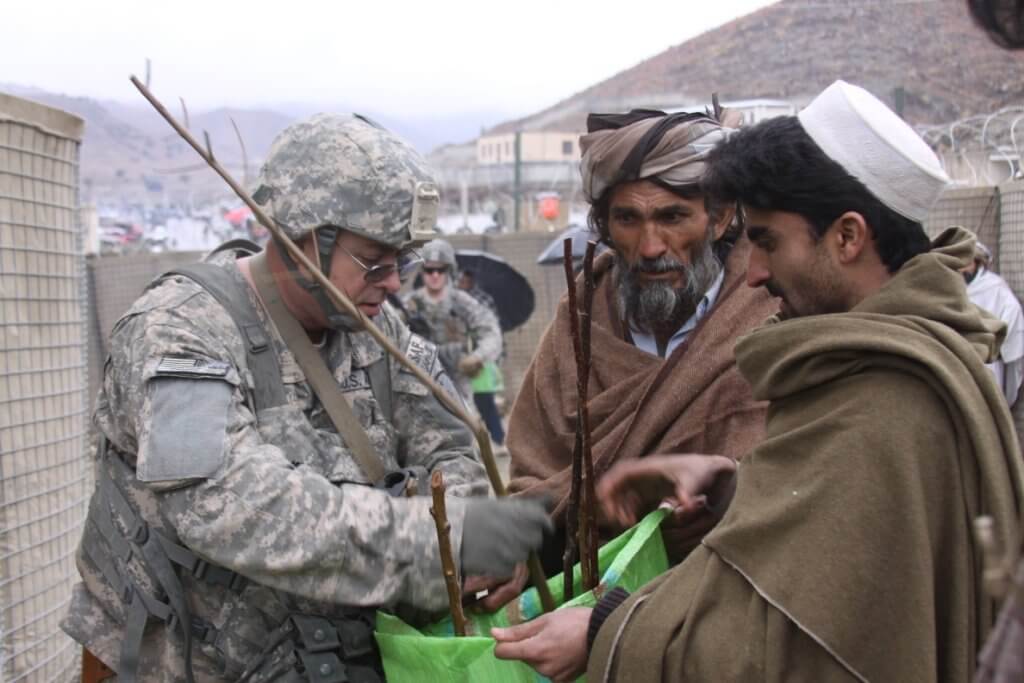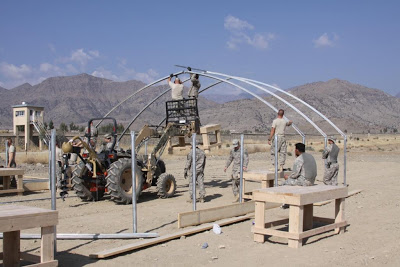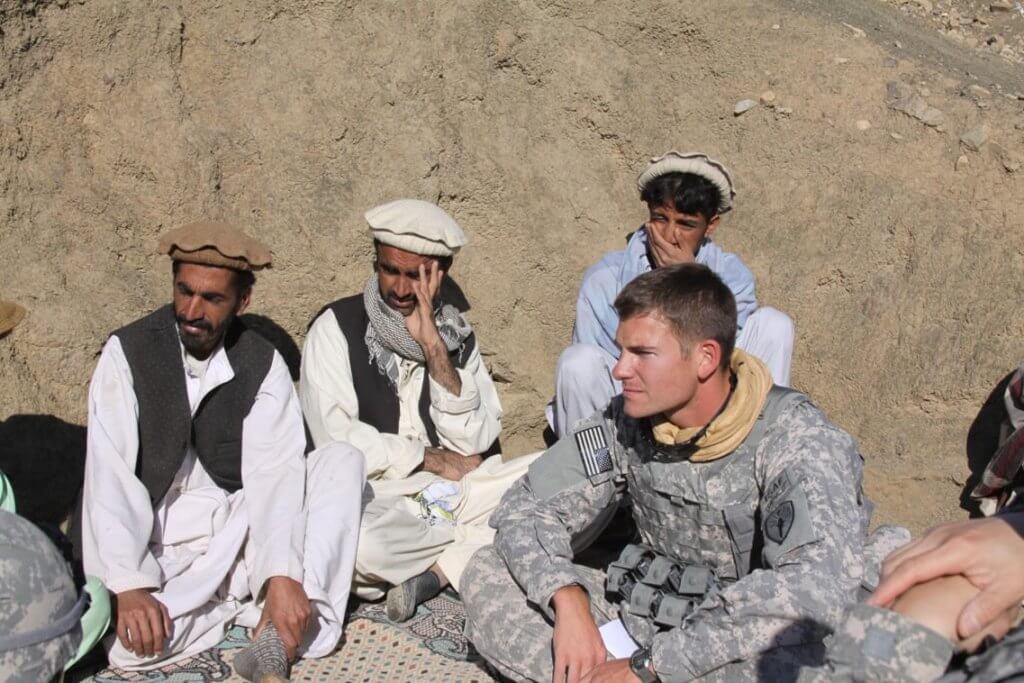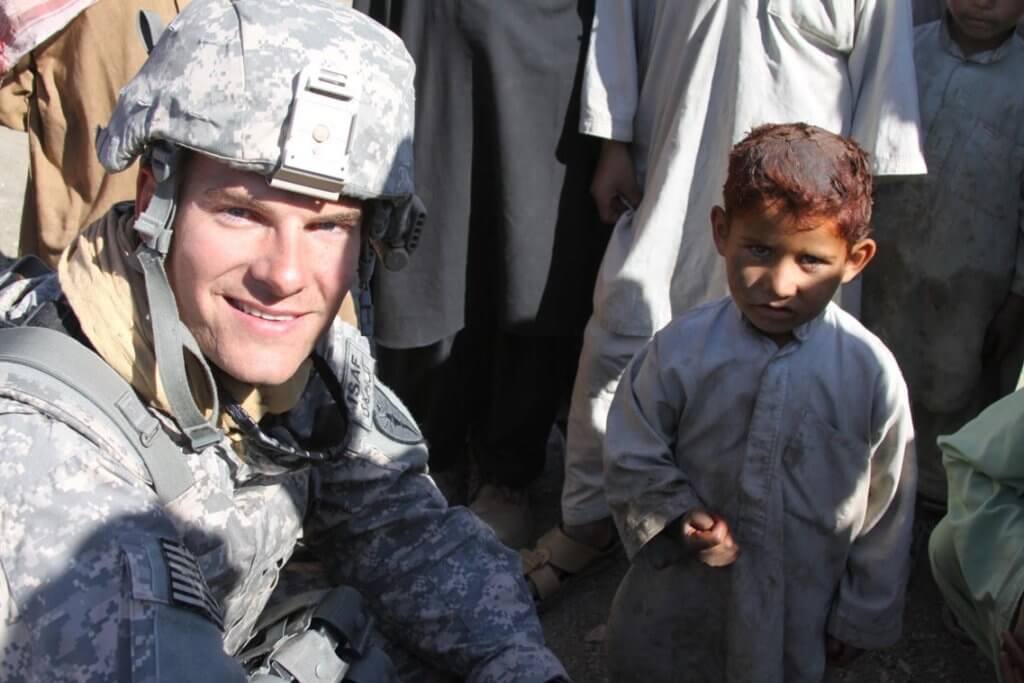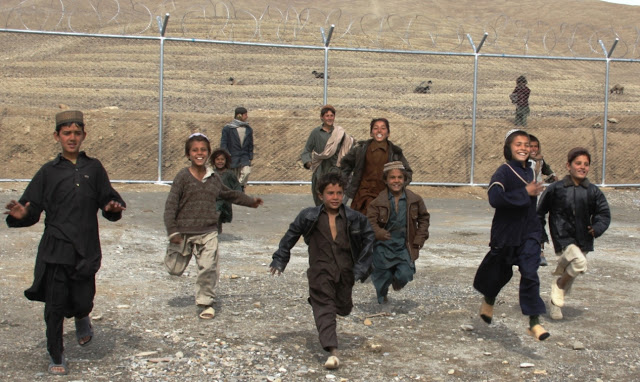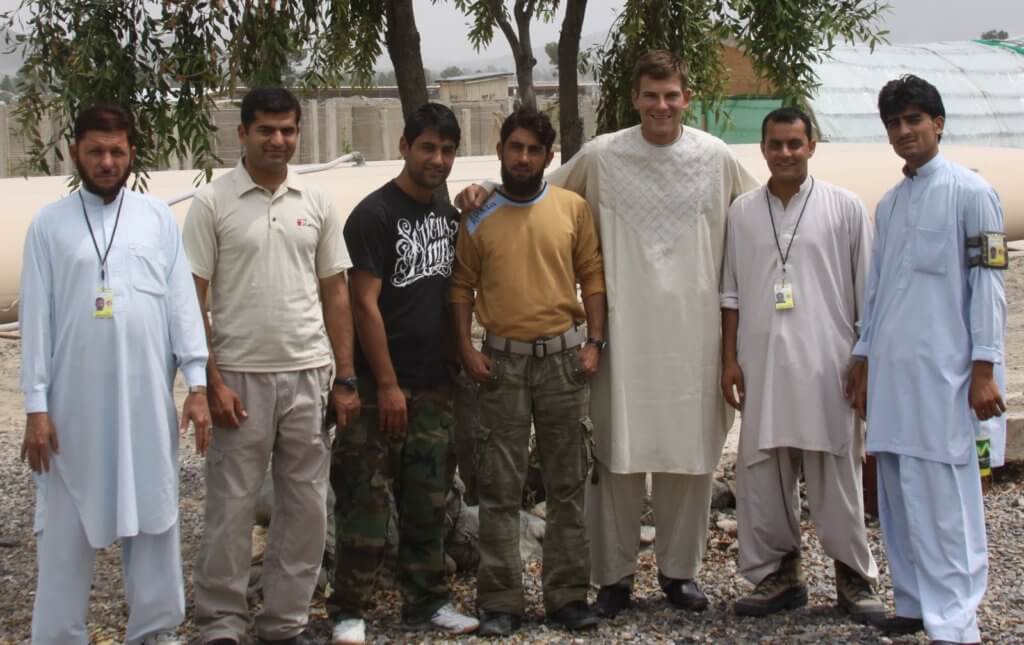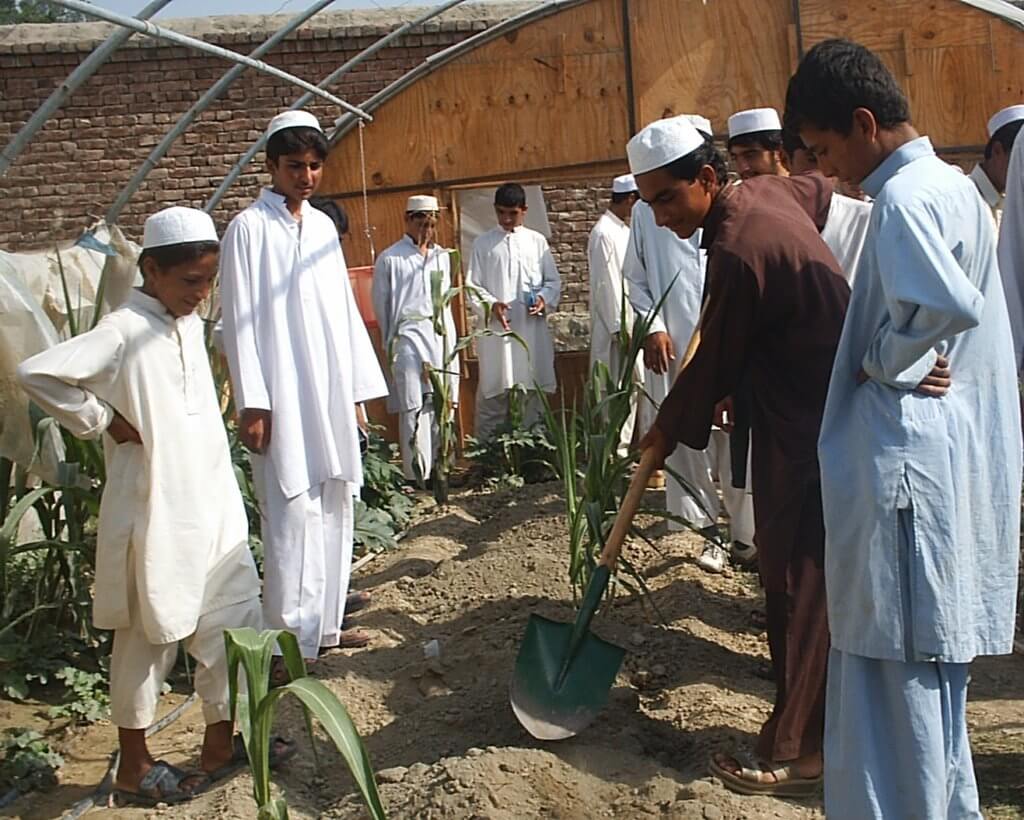Boilermaker deploys skills to grow robotic lawn care

Bart Lomont grew up on a grain farm in Allen County, Indiana, learning life-changing lessons. “Where else could you ever have the opportunity to manage 8-10 employees at the age of 13?” Lomont asked.
Lomont’s heart was set on attending Purdue from a young age. “My father attended the agricultural winter short course offered here in the 1960s and spoke very highly about his experiences there. After visiting one of my (five) sisters while she was on campus, I was sold and knew that I wanted to be a Boilermaker.” Lomont didn’t even bother applying to other universities. As Lomont recalls, he had “every intention of putting in my four years of college and simply returning to life on the farm.”
Lomont began classes three weeks before September 11, 2001. “I can vividly remember watching the events unfold from my dorm room in Tarkington Hall. I’ve never felt a stronger feeling to ‘get involved’ than I did following that day. I couldn’t watch my fellow classmates deploy any longer.” Lomont put his studies on hold and enlisted in the Indiana Air National Guard. Lomont says, “It was a major decision that wasn’t popular with a lot of family and friends, but I still count it as one of the best I’ve ever made.”
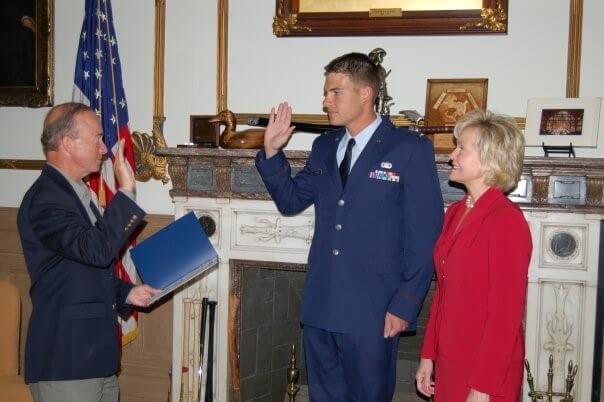
After a year of boot camp and training, Lomont was back on campus. He recalls, “My return to campus after enlisting was indeed a bit different than life before the military. Academically, I thrived. Boot camp and fully embracing the core values of military service has a way of transforming a boy into a man.” Having less time on his hands forced Lomont to reprioritize his life. His GPA raised by more than a full point.
Lomont graduated with an agricultural economics degree in 2007 and secured a position as a Governor’s Fellow to then-Governor Mitch Daniels. At the Purdue Ag Alumni Fish Fry, Lomont met Lt. Governor Becky Skillman who then served as Indiana’s secretary of agriculture. He began work in her office as policy director in 2009.
A year later, Lomont was deployed to Afghanistan, where he served on an Agribusiness Development Team (ADT) in the Khowst Province. “These teams were formed as a part of the Counterinsurgency Strategy General Petraeus developed in an effort to stabilize the agricultural economy of Afghanistan after allied forces eliminated most or all of the poppy crop,” Lomont recalls.
“Thousands of families were dependent on the income the poppy generated, so we had to find a way for them to make a living outside of illicit drug sales.”
“Purdue actually played an instrumental part in our entire team’s training,” says Lomont. “We spent a week on campus prior to the deployment, in an effort to better educate those on our team who didn’t grow up in an agricultural family.”
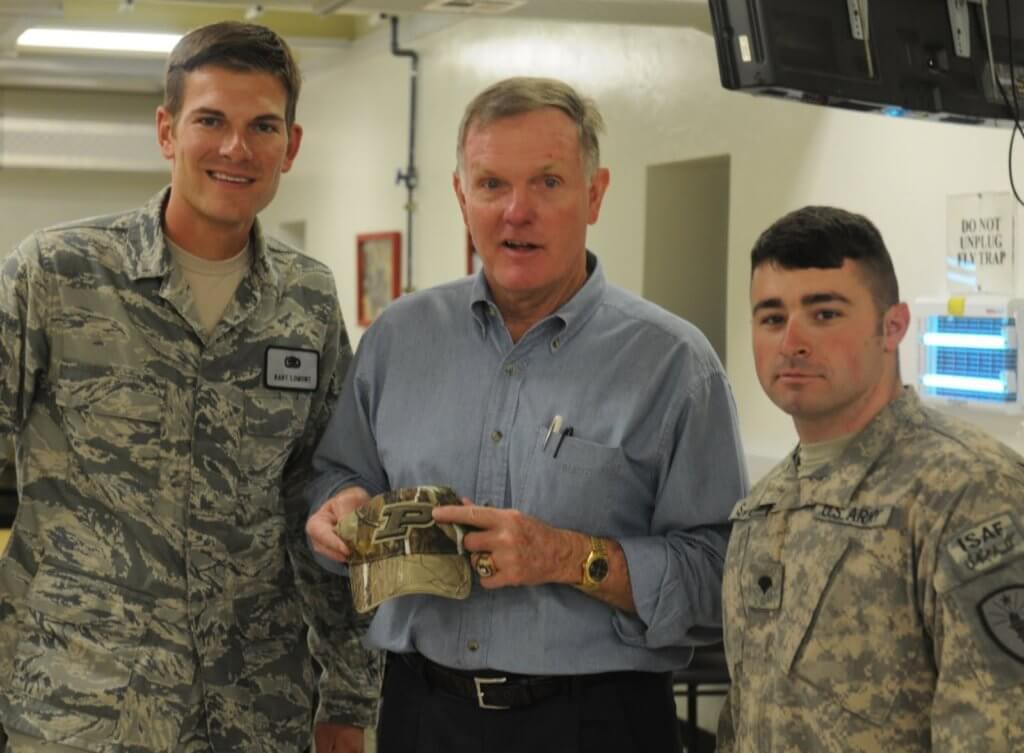 Specialist Jared Sweet and Bart Lomont striking a pose with All-American Purdue quarterback Bob Griese. Sweet wasa Purdue Law & Society student on military leave.
Specialist Jared Sweet and Bart Lomont striking a pose with All-American Purdue quarterback Bob Griese. Sweet wasa Purdue Law & Society student on military leave. 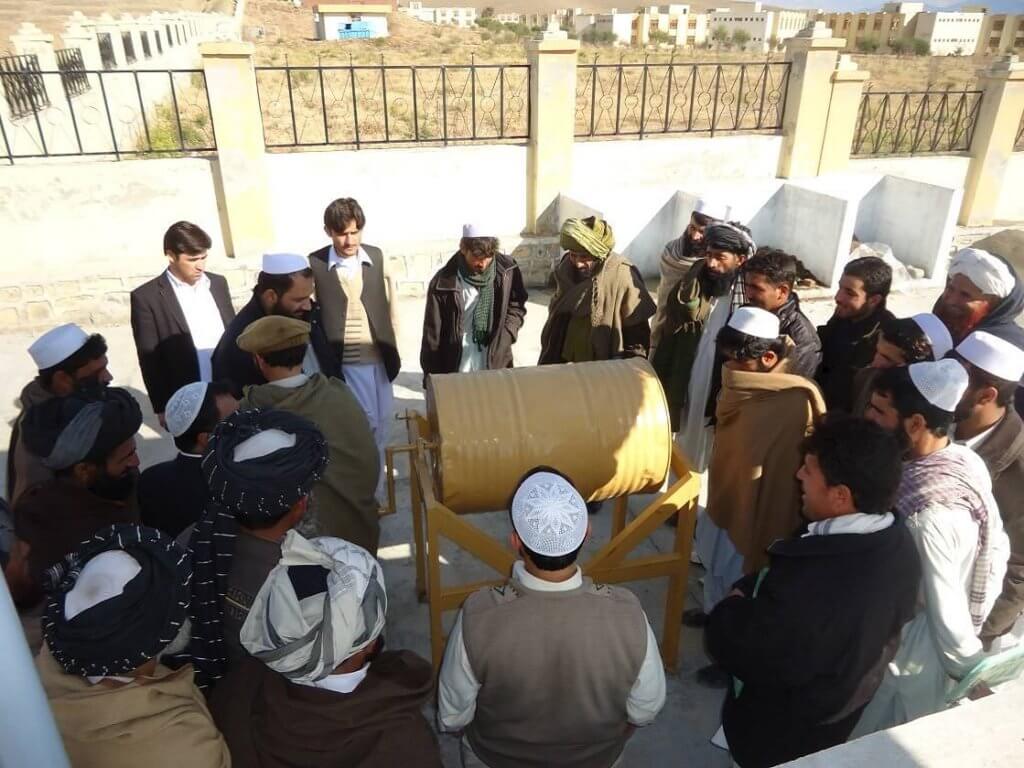 High school educators in the Future Farmers of Afghanistan seminar receive instruction on a barrel composter; part of an agricultural education kit that would soon be installed in their schools.
High school educators in the Future Farmers of Afghanistan seminar receive instruction on a barrel composter; part of an agricultural education kit that would soon be installed in their schools. 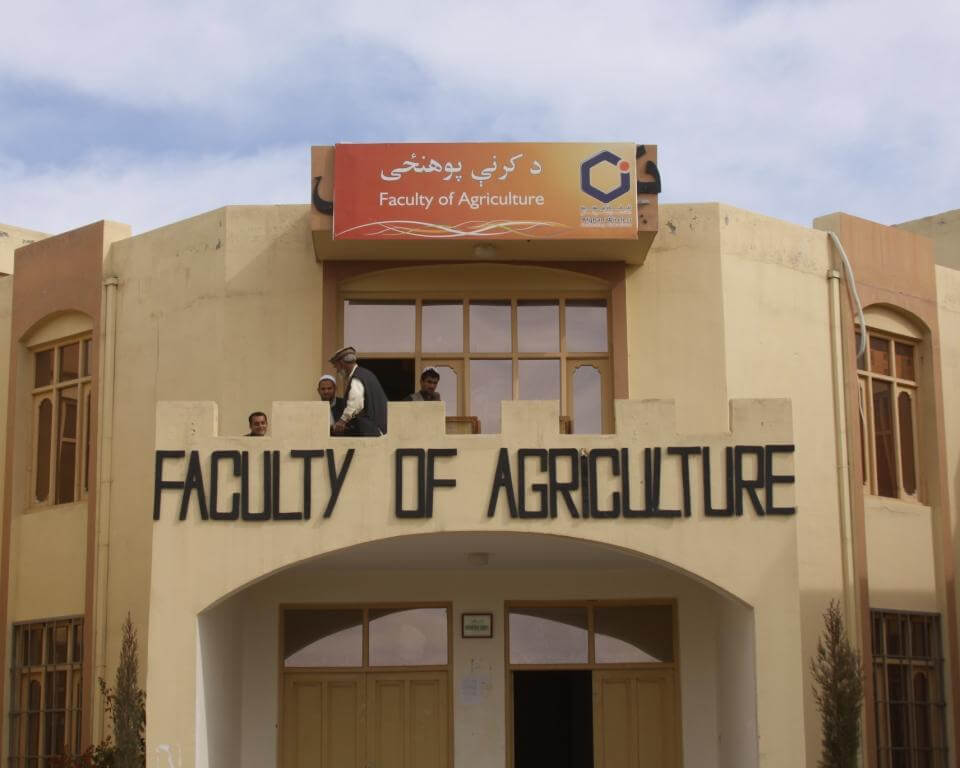 Shaikh Zayed University's Faculty of Agriculture hosted a training seminar titled Future Farmers of Afghanistan
Shaikh Zayed University's Faculty of Agriculture hosted a training seminar titled Future Farmers of Afghanistan After his return, Lomont spent the next year and a half as then-Congressman Mike Pence’s special assistant during his successful 2012 gubernatorial campaign. Lomont recalls, “We traveled to all of Indiana’s 92 counties and over 50,000 miles together during that election. It was the perfect job for me to transition from an action-packed combat zone right into the thick of an election fight.”
In 2013, following Pence’s inauguration, Lomont left his position and moved to Texas with his wife. There, he met Justin Crandall and co-founded Robin Technologies, Inc. The duo produced an “Uber-like” app that allowed customers to request lawn care services. Initially, the company experienced challenges stemming from the inconsistency of mowing crews and weather.

To adapt and grow, Lomont integrated robotic mowers into his force. The eco-friendly robots work independently, day or night, regularly cutting small bits of grass with each pass. Rebranded as Robin Autopilot, the value of the world’s first robotic lawn care service rose to $5 million in two years.
To build on the momentum, Robin Autopilot entered TechCrunch Disrupt, an annual conference where startups from around the world pitch their businesses on stage to investors and media. There, they caught the attention of ABC’s Shark Tank production team.
 After a lengthy and competitive application process, Lomont and Crandall earned the right to present Robin Autopilot to five of America’s most famous investors. An audience estimated at over five million viewers watched from home. While the duo didn’t make a deal on the episode, Robin Autopilot sold the “Uber-like” half of the business in a separate transaction during the show’s filming. The new arrangement allowed Lomont to focus entirely on robotic mowing and franchising.
After a lengthy and competitive application process, Lomont and Crandall earned the right to present Robin Autopilot to five of America’s most famous investors. An audience estimated at over five million viewers watched from home. While the duo didn’t make a deal on the episode, Robin Autopilot sold the “Uber-like” half of the business in a separate transaction during the show’s filming. The new arrangement allowed Lomont to focus entirely on robotic mowing and franchising.
“The Purdue Public Affairs team was incredibly helpful in promoting our appearance on Shark Tank last fall,” said Lomont. “During that PR campaign, we brought in over 800 franchise candidates from all over the country.”
In 2019, the company will provide robotic lawn mower service in eight states: Florida, Ohio, Michigan, New Jersey, North Carolina, Pennsylvania, Texas, and Wisconsin. Lomont plans to enter additional territories as he continues to lead efforts to reshape America’s lawn care industry.
“I love studying the habits of great leaders like President Mitch Daniels and trying to work them into my own daily life. Whether it’s a morning devotional or 20 minutes of cardio, I believe that the most effective leaders have first learned to master themselves.”

